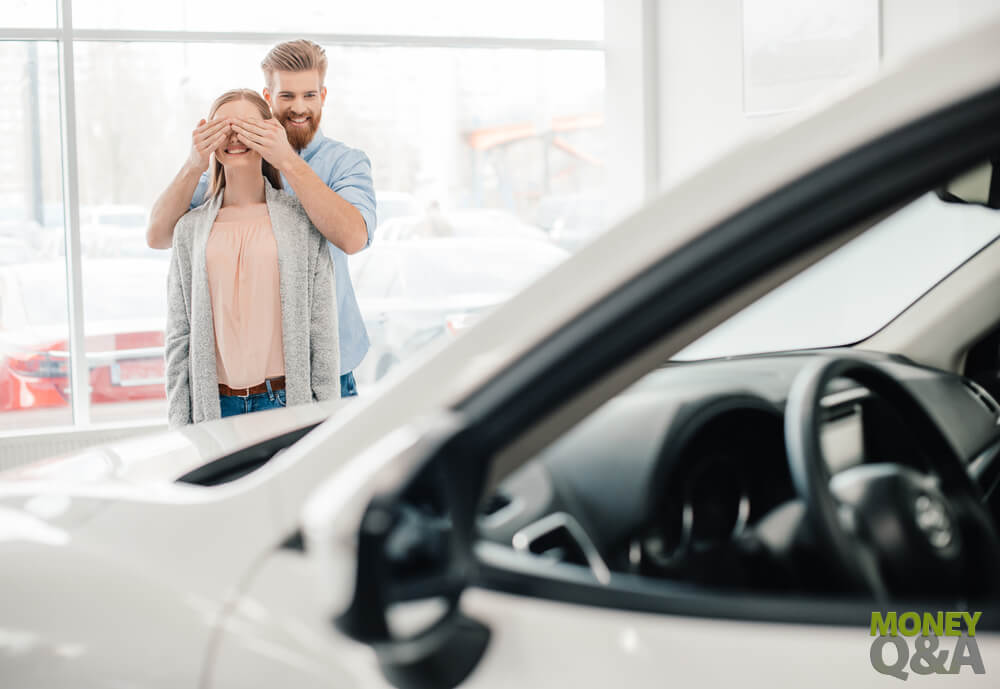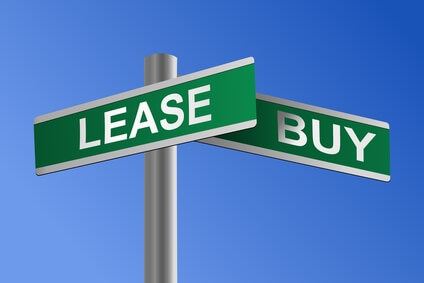It’s time for a new car. You found your dream model. But now for the big question — how to pay for it? When it comes to purchasing a car, you can either lease it or purchase it in full. It all comes to cash flow. Both ways, you’ll own a car. Of course, lease or buy depends on what suits your needs and financial situation best.

Buying a car means taking out a loan
When you purchase a car outright and you don’t have the full cash to pay for it, you’ll have to take out a loan. Taking out a loan is risky sometimes, depending on the interest rate of the bank you’re borrowing money from.
The interest rate plus monthly payments will have to be paid to your bank to make up for the amount borrowed. Loan payments are usually higher than lease payments because you’re paying off the entire purchase price of the vehicle.
However, in exchange, you own the car and can keep it as long as you want. It is important to do your research and shop around, as different stores will vary in car prices. At the end of the loan term, you have no further payments since you’ve already built equity to pay for your next vehicle.

Leasing is borrowing the amount the car will depreciate over the term of the lease
Instead of borrowing a loan to purchase the full price of the car, leasing gives you the option of borrowing money for a portion of time based on your car’s depreciation. Take a three-year lease, for example. If the expected market value of the car is $20,000 based on wear or tear (also known as residual value), you finance the difference between the purchase price and the residual value.
This is a key reason why lease payments are lower compared to loan payments when purchasing a car. An upside with leasing is that during your lease period it’s usually the prime time for your car and the warranty is fully covered. Once your lease is up and your car depreciates, you can trade it in for something else.
The downside is if your car goes beyond the normal wear and tear, you’ll have to pay for the extra charges. Doing research on car buying strategies also helps and can assist with the loan process and determine how much each model and car costs in the long run. For more information, visit www.Car-Buying-Strategies.com
At the end of the day, car ownership really depends on the owner and what they see or want their financial situation to be. If buying a new car and forking out all the money is not something you care about, then leasing the car would probably be a better option.
That offers financial breathing room and will be less of a burden on your shoulders. However, if owning a car is something you take pride in and you foresee keeping your car for the long haul, then buying a new car would be the ideal option for you. So, now have you made a decision yet?
